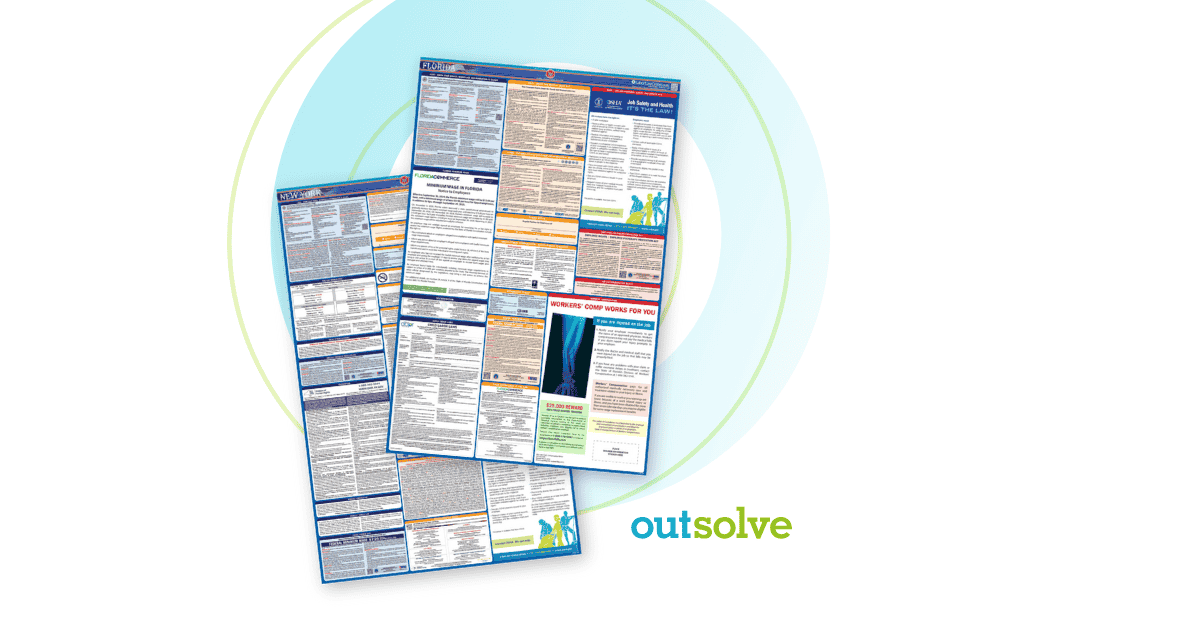
Title VII of the Civil Rights Act requires employers, upon request, to reasonably accommodate employees whose religious beliefs, practices, or observances conflict with work requirements. The only exception to this would be if the accommodation request causes undue hardship.
One holiday where employers may be asked for religious accommodations is during Ramadan. This year, Ramadan begins on the evening of Friday, February 28, 2025, and ends Saturday, March 29, 2025. Employers may start to receive requests for religious accommodations and should be aware of the Title VII requirement to grant accommodation requests.
What is a Religious Accommodation and Undue Hardship?
A religious accommodation is a change in work environment that would allow the employee or applicant to practice their religion. Employers are legally required to provide religious accommodations unless it would provide an undue hardship.
An undue hardship can be any accommodation that is costly, comprises workplace safety, decreases efficiency, infringes on the rights of other employees, or requires other employees to do more than their share of potentially burdensome or hazardous work.
What is Ramadan?
Ramadan is one of the holiest months in the Muslim faith. Fasting during Ramadan is one of the Five Pillars of Islam and is a requirement of the religion. Muslims believe that Ramadan is a time to detach from unnecessary pleasures. Muslims abstain from eating and drinking, including water, from dawn to dusk for the entire month of Ramadan.
Muslims are also encouraged to observe the five daily prayers on time and to use the time just before breaking their fast at sunset to recite their holy book, the Quran. After the sunset prayer, a large feast is shared with family and friends. Across America, many mosques set up tents and tables for the public to eat free meals every night of Ramadan. The end of Ramadan is marked by intense worship. Some Muslims go into reclusion on those final days, spending all of their time in the mosque. The end of Ramadan is celebrated by a holiday called Eid al-Fitr.
What Are Employers Legally Required To Do?
Title VII of the Civil Rights Act of 1964 prohibits employers from discriminating against individuals because of their religion in hiring, firing, and other terms and conditions of employment. Further, the Act requires employers to reasonably accommodate the religious practices of an employee or prospective employee, unless doing so would create an undue hardship.
Ramadan Work Accommodations for Employers
The following are some common examples of reasonable Ramadan accommodations for employees who observe this holiday or other religious holidays:
- Changing daily/weekly schedules to allow for religious services or observances, for prayer that must occur at specified times, or for a belief in refraining from work on certain days
- Allowing leave to accommodate religious holidays
- Changing or transferring a task that conflicts with a religious belief
- Making exceptions to policies such as dress and grooming codes to allow for particular head coverings, religious dress, or certain hairstyles or facial hair
- Permitting certain religious expression
- Designating an unused or private location in the workplace for religious practice or observance
A Ramadan religious accommodation may be to provide a break at sundown. Muslim employees may want to take time off at the end of Ramadan for Eid al-Fitr. If seniority rules exist which preclude this kind of flexible scheduling, encouraging voluntary substitutions and "swaps" may be considered reasonably accommodating.
Flexible scheduling can include:
- Altering arrival and/or departure times
- Using floating or optional holidays
- Providing flexible work breaks
- Allowing the use of lunchtime in exchange for early departure
- Staggering work hours
- Permitting employees to make up time lost due to religious observances
What Opportunities can Ramadan provide?
While creating workable schedules is often daunting for managers in the face of conflicting requests for break time and time off, accommodating employees' religious observances can be an opportunity. Savvy supervisors will strive to create an inclusive workplace when they are knowledgeable and informed about religious accommodation in the workplace and aware of Ramadan. By treating all employees with dignity and respect, these managers are building cohesion and morale. An increase in long-term productivity is the likely result.
For more information on Religious Discrimination and Religious Accommodations, visit this EEOC page.
About OutSolve
OutSolve is a premier compliance-driven HR advisory firm, leveraging deep expertise to simplify complex regulatory landscapes for businesses of all sizes. We empower organizations to navigate the intricate world of employment regulations with confidence. Reach out to us today for more ways we can help you simplify your HR Compliance needs.
Founded in 1998, OutSolve has evolved into a premier compliance-driven HR advisory firm, leveraging deep expertise to simplify complex regulatory landscapes for businesses of all sizes. With a comprehensive suite of solutions encompassing HR compliance, workforce analytics, and risk mitigation consulting, OutSolve empowers organizations to navigate the intricate world of employment regulations with confidence.
Recent Posts
Related Posts

The Ultimate Guide to Multi-State Labor Law Posters
Human Resources professionals understand how important and challenging it can be to remain updated and compliant with labor laws. This is especially...

Countdown: Final Days of the 90-Day Safe Harbor Period for AAPs
April is here and with that comes the end of the 90-day safe harbor period for federal contractors complying with EO 11246. As April 21, 2025,...

What Triggers an I-9 Audit? Key Factors You Should Know
Verifying proper identity and work authorization documentation for every employee is a crucial HR compliance function - not just for a company’s...


